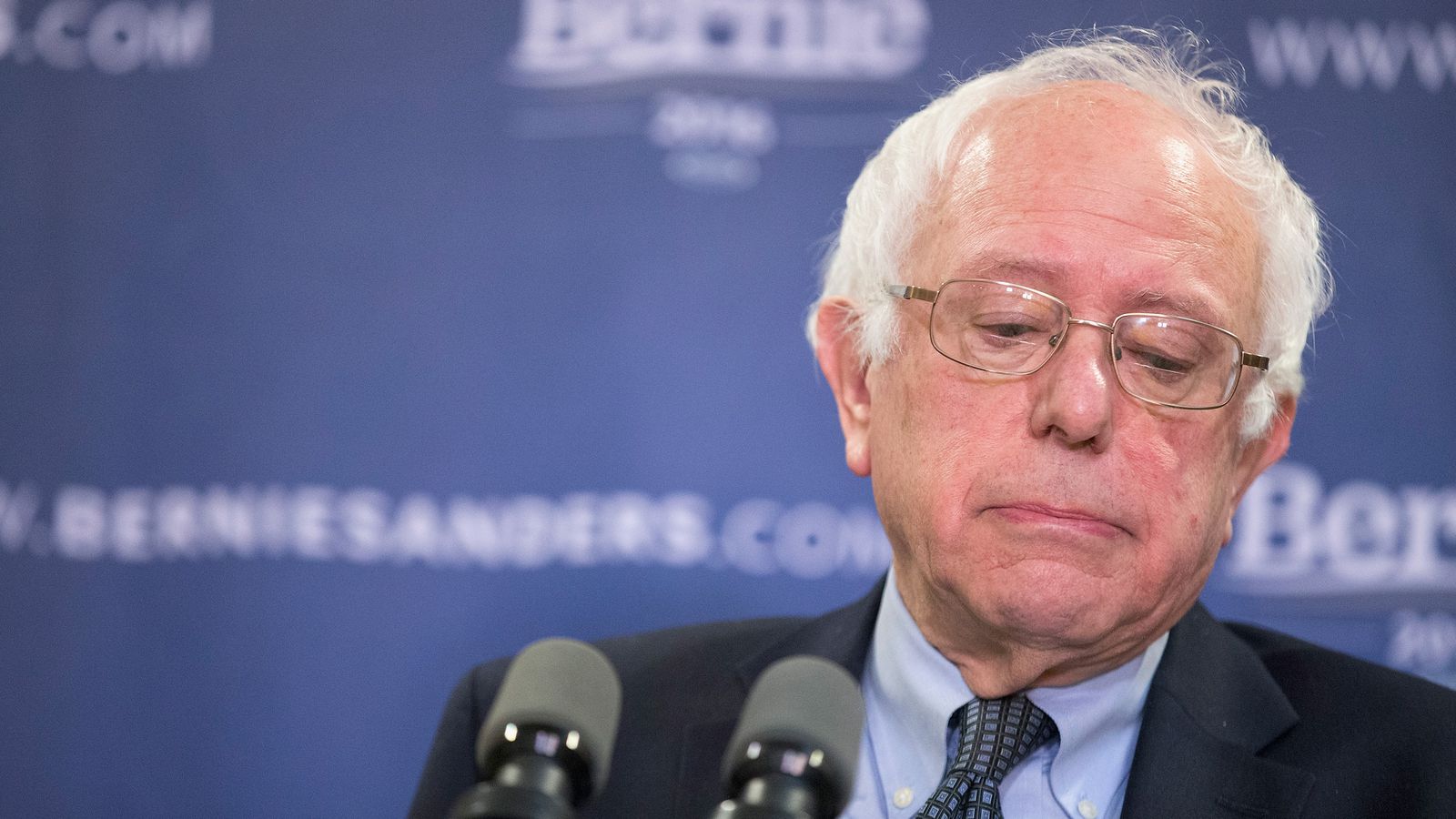Mr. Vice President, former Mayor Michael Bloomberg has apologized for his record on stop-and-frisk and the decisions that he made in that policy. Just asking for a little bit of self-reflection here. Is there anything that you have changed your mind about, specifically related I would say to your record, or your thinking, your personal views, on race or busing or anything over the years?
No, not on race or busing because I think you’ve all been kind of shocked how much black support I have. Overwhelming black support in my home state. Overwhelming black support with the Black Caucus. Overwhelming black support with the black community because they know me. I’ve never been ashamed of anything I’ve done. I’ve fought for the African-American community and fought for them my entire career.
I made a big mistake in the criminal justice side when I — it’s easy to forget it now — but when, all of a sudden, crack was introduced as a great threat to the United States of America.
And the guy who did it is a great guy, Daniel Patrick Moynihan, he pointed out it was coming from the Bahamas, and this was going to —
To clarify, Senator Moynihan did not introduce crack to the United States. He wrote a report, in 1965, titled “The Negro Family: The Case for National Action,” also known as the Moynihan Report. In it, he argued that black families had been “battered and harassed by discrimination, injustice, and uprooting” and were in a state of crisis. Because the report made no formal policy recommendations, it was widely misunderstood to put blame on black families themselves, rather than broader systems of racial discrimination. (Updated) Representative Tom Malinowski, Democrat from New Jersey, told The Times that when he worked for him in 1988, Mr. Moynihan “proselytized senators that year about how the crack epidemic was devastating low-income communities,” serving as a proponent of the antidrug legislation passed that session.
https://www.theatlantic.com/magazin...mily-in-the-age-of-mass-incarceration/403246/ (A good read for those of you that do read..)
And you had medical folks at the time saying, well, crack, because it immediately penetrates the membrane of the brain and it goes straight to the brain, it’s going to have this long-term effect. So we bought on to the idea that crack somehow should be punished much more significantly than, in fact, powdered cocaine. Well, what it meant was somebody snorting powder in the party you guys go to.
I don’t mean you. [LAUGHTER] But wealthy neighborhoods, wealthy neighborhoods. If they were to get arrested, which they don’t in the first place, but if they get arrested, they get a sentence that’s 100 times less than someone is getting convicted of crack. You buy a nickel, anyway. And so from the time we passed that, two years after, I’ve been trying to change it and have been unable to do it.
Barack and I got it down to 10 to one from a hundred to one. It should be zero.
But it’s put a lot of people in jeopardy, put them in jail, and it’s had a disproportionate impact on minority communities, particularly African-American communities. I sorely regret that. We’ve also learned a lot more about drug abuse overall. It used to be that we thought — I’ve spent a lot of my career in the Judiciary Committee dealing with this issue. We used to argue — and you tell me when I’m going longer than I should — we used to deal with it in terms of we thought that mental illness was a product of drug abuse. It’s the reverse. Mental illness is the reason for drug abuse. It’s not the reverse. And that’s why, when I wrote the crime bill that everybody for a while there thought that was a massive reason for massive incarceration, which it wasn’t, I might add. But what happened was I put in that bill, at the time, drug courts to try to divert anyone arrested for a drug offense to a drug court for rehab, not to go to jail.









